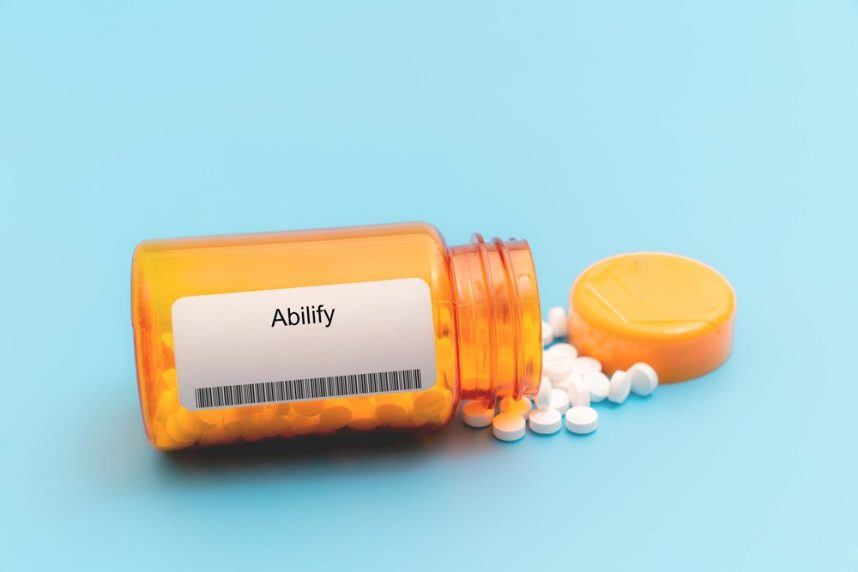Court Rejects $1.2 Million Abilify Compulsive Gambling, Shopping Lawsuit
Posted on: July 9, 2025, 05:27h.
Last updated on: July 9, 2025, 09:46h.
- A woman claimed Abilify caused uncontrollable gambling and shopping.
- Judge ruled no proven link between drug and behavior.
- Health Canada had warned of rare compulsive side effects.
A British Columbia Supreme Court judge has dismissed a CA$1.2 million (US$880K) lawsuit filed by a woman who claimed antipsychotic medication triggered compulsive gambling and shopping that upended her life.

Jennifer Purchas alleged that psychiatrist Dr. Stephen Ogunremi failed to warn her about known side effects of Abilify (aripiprazole) when he prescribed a two-milligram dose in late 2019.
She said the drug led her to lose tens of thousands of dollars gambling and to buy dozens of luxury items, including 25 Louis Vuitton handbags.
In his July 4 ruling, Justice Michael Stephens concluded that Ogunremi didn’t breach the standard of care and that Purchas hadn’t proven Abilify caused the compulsive behavior.
“I accept that she believes that Abilify caused her to engage in compulsive gambling and shopping,” Stephens wrote. “However, the plaintiff has not demonstrated that it is more likely than not that Abilify was the cause.”
Gambling Escalated
Purchas testified that before taking the drug, she gambled occasionally and with others, spending relatively small amounts. Banking records showed casino withdrawals of $100 to $600 before her prescription. She claimed her behavior escalated dramatically after starting Abilify, including sneaking away from family and gambling alone.
She also described an obsessive urge to shop, buying multiple versions of the same shoes and high-end accessories.
The court also noted Purchas had long-standing mental health challenges, including depression, anxiety, and past opioid use.
Stephens found that Ogunremi’s conduct aligned with accepted medical practice and that there wasn’t enough evidence to link Abilify to Purchas’s behavior.
“Accordingly, the action should be dismissed,” the ruling concluded.
Health Canada issued a safety advisory in 2015 warning that Abilify may increase the risk of impulse-control problems such as pathological gambling. Ogunremi acknowledged he didn’t warn Purchas about that risk, but said it was extremely rare and not typically discussed unless there was a prior gambling history.
Thousands of Lawsuits
Purchas isn’t the only one to have made this claim about the side effects of Abilify. As of March 2019, there were 2,430 lawsuits pending in the US involving aripiprazole, according to Consumer Safety.
In 2016, pharmaceutical company Bristol-Myers Squibb agreed to pay $19.5 million to settle allegations that it had improperly promoted Abilify for unapproved uses, including for children and elderly patients with dementia.
As part of that settlement, the company committed to greater transparency about potential side effects, such as compulsive behaviors and weight gain, and agreed not to withhold risk information from healthcare providers or the public.
No comments yet